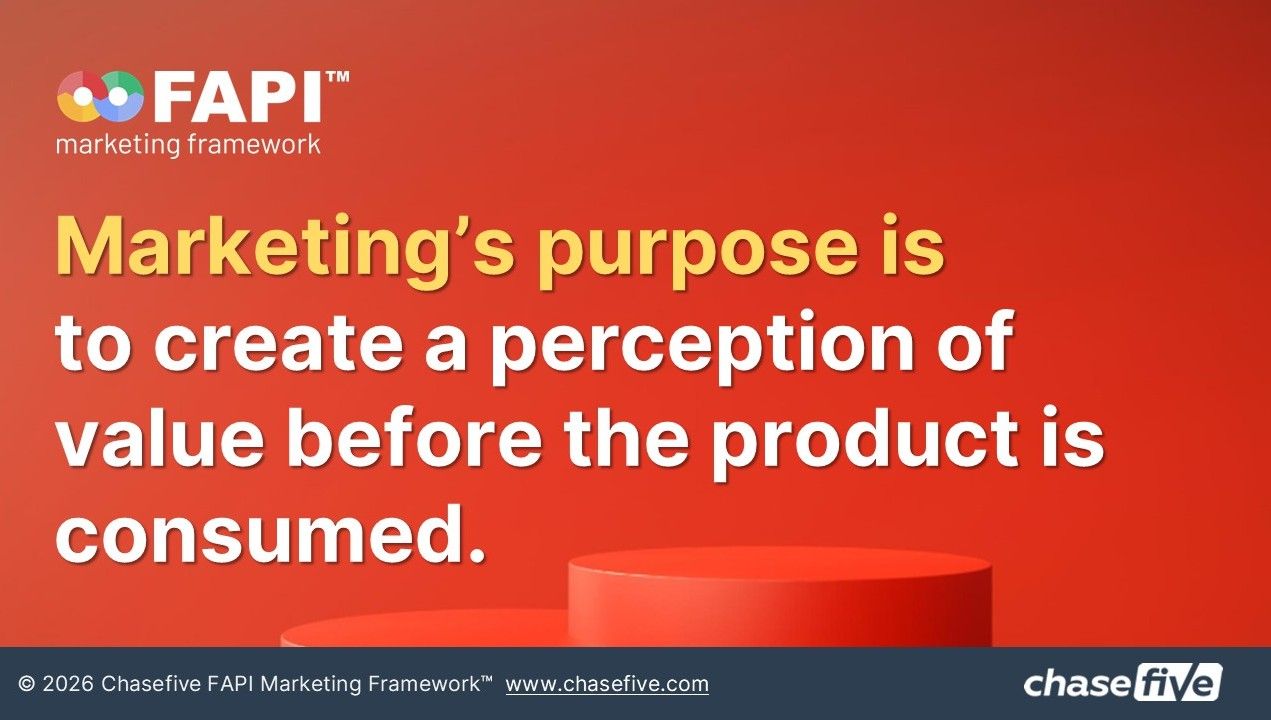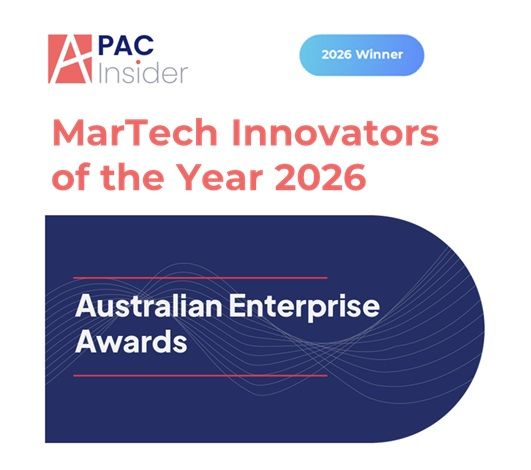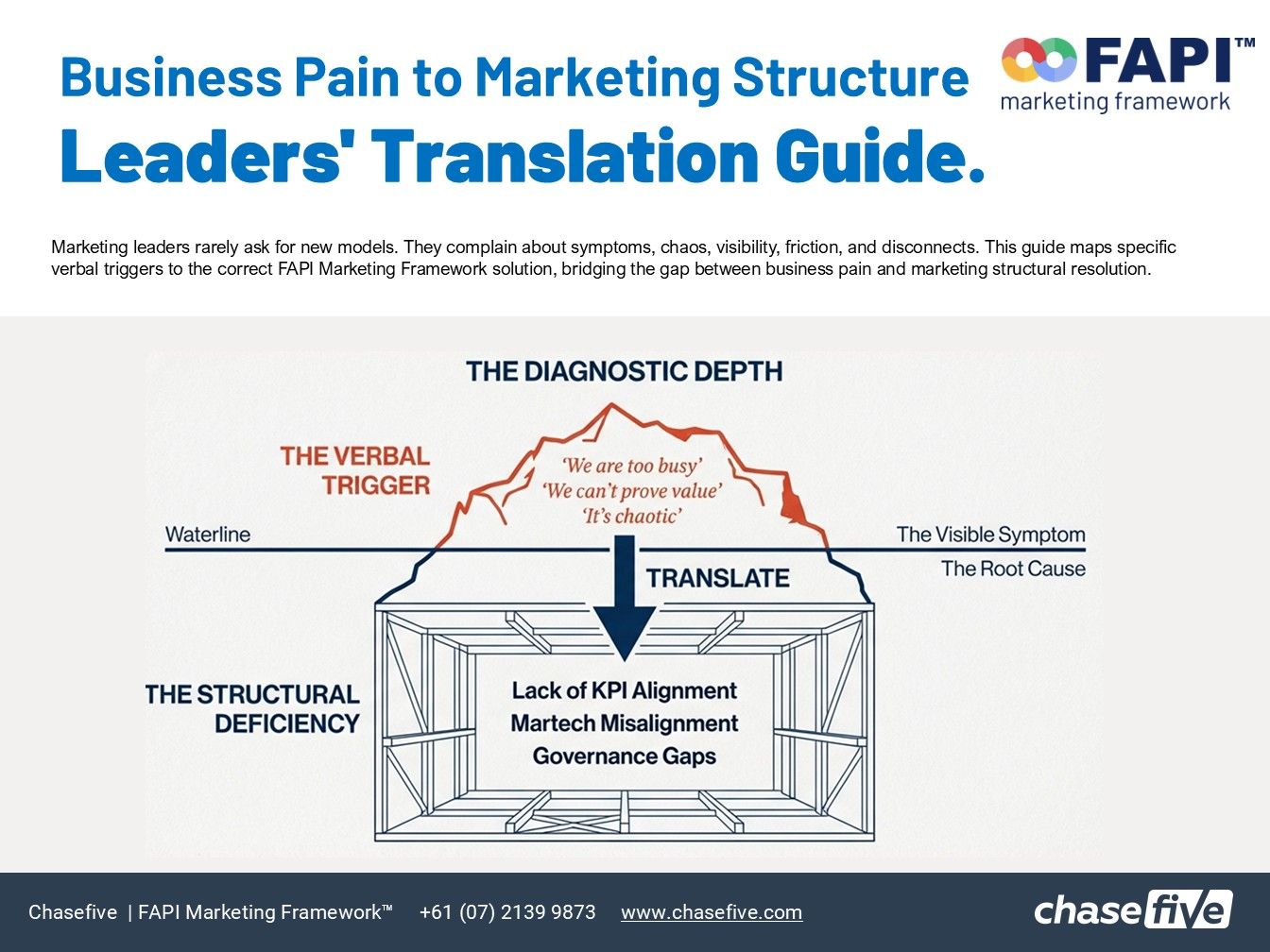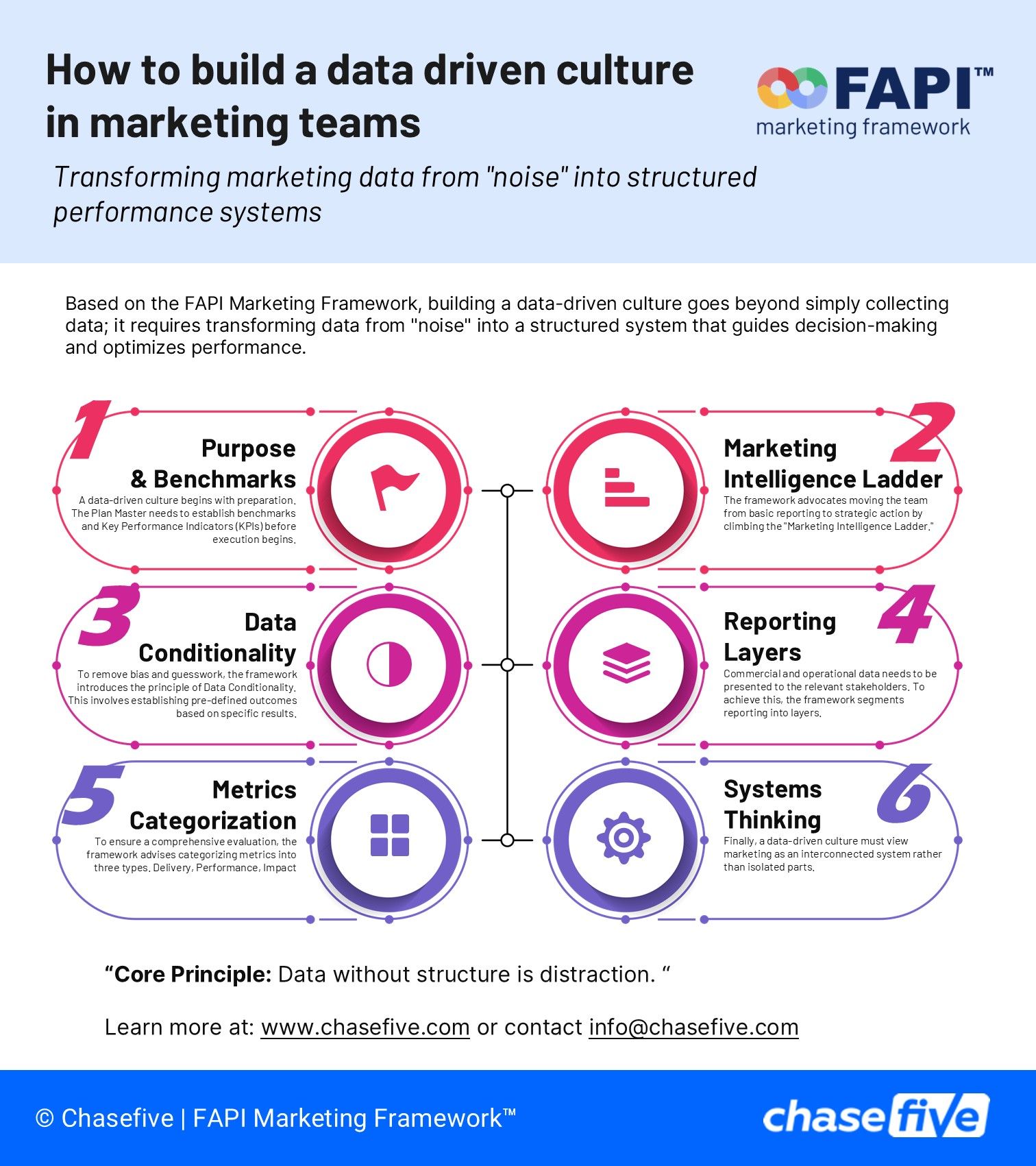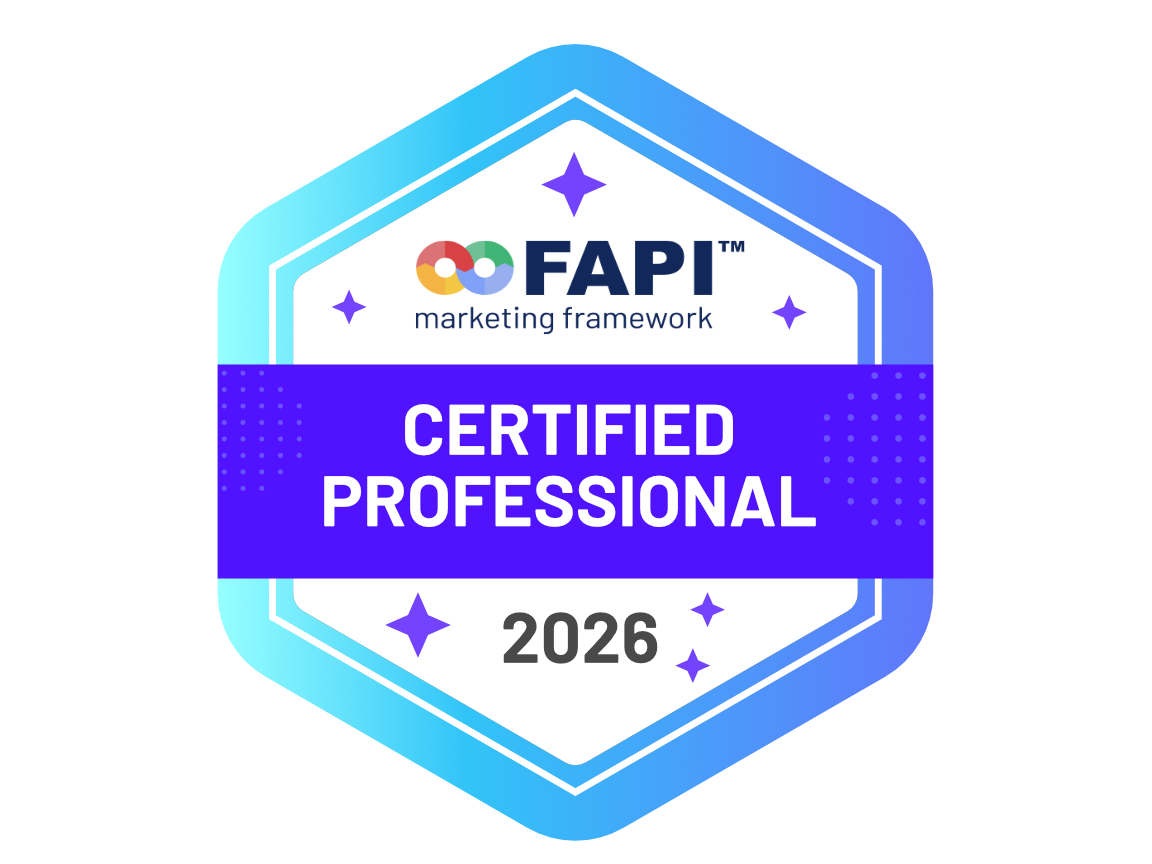Understanding the Modern Marketing Management Skills Matrix
Based on the FAPI Marketing Framework Official Guidebook, a modern marketing manager or Plan Master requires a diverse and comprehensive skill set to effectively navigate the complexities of contemporary marketing. Their role is central to leading projects, ensuring alignment, and driving results across the entire marketing process.
The key skills and competencies of a modern marketing manager or Plan Master are centred on four key areas:
- Leadership & Management
- Strategic & Analytical
- Technical & Operational
- Interpersonal & Communication
1. Leadership & Management Skills
- Project Leadership and Oversight: The Marketing Manager leads the implementation of the FAPI Marketing Framework within the organization, overseeing the entire project lifecycle and ensuring all steps are completed efficiently. They provide leadership and coordination throughout the process of translating strategic vision into execution requirements. They are responsible for making key decisions during execution, especially when unexpected situations or adjustments are necessary.
- Team Building and Empowerment: They are responsible for forming the virtual marketing team, selecting individuals with the necessary skills and expertise, whether internal staff or external contractors. The Marketing Manager must take a holistic view when building the team, understanding the dynamics involved to ensure optimal performance. They act as a coach, supporting and empowering Production Executives by identifying and removing roadblocks and ensuring they have the necessary resources and support. Fostering a positive and collaborative team environment where members feel comfortable expressing themselves is essential.
- Resource Management and Financial Acumen: They oversee the financial management of the FAPI Framework, ensuring a return on marketing investment performance. This includes assessing resource availability, developing an allocation plan, and continuously monitoring and adjusting financial, human, and technological resources. They must ensure the Production Executive team is appropriately resourced.
- Quality Control and Efficiency Promotion: The Marketing Manager promotes a quality mindset within the marketing organization, focusing on reducing errors and friction at every step of the Production stage. They use transparent Production practices to allow for retrospective analysis to identify bottlenecks and inefficiencies. The Framework is designed for systematic review and continuous improvement, which the Marketing Manager champions.
- Process Optimization: They can use techniques like the '5 Whys' to identify root causes of productivity shortfalls and streamline workflows.
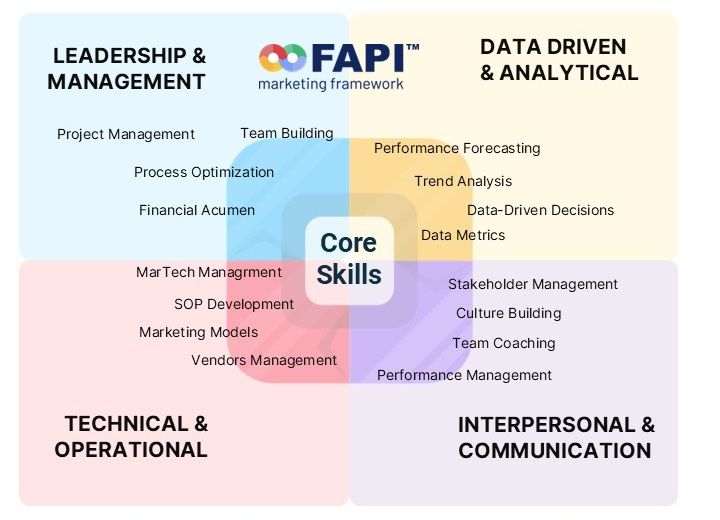
2. Strategic & Analytical Skills
- Strategic Encoding and Alignment: A core responsibility is to understand the strategic marketing foundations set by the business's senior leadership and meticulously encode this information into the FAPI Framework's Architecture Module, ensuring it is reflected in every step. This involves having a deep understanding of strategic marketing concepts.
- Data-Driven Decision-Making: The Marketing Manager ensures that marketing recommendations and decisions rely on data analysis and insights. They are responsible for organizing, reporting, and acting based on data insights, interpreting marketing metrics accurately to provide actionable recommendations. They must understand analytical insights holistically, focusing on relationships and correlations rather than isolated parts.
- Performance Metrics and Forecasting: They define marketing performance metrics and set targets for the marketing plan during the Architecture Module, which specify the desired values these metrics should reach during execution. They are well-versed in forecasting results, which requires an empirical approach drawing from historical data, resource availability, and industry benchmarks.
- Market Understanding and Trend Identification: A modern marketing manager needs to align evolving responsibilities with core marketing principles and identify emerging trends while anticipating consumer needs.
- Problem-Solving and Critical Thinking: They must be skilled strategists capable of creative problem-solving.
3. Technical & Operational Skills
- Marketing Technology (Martech) Proficiency: The Marketing Manager needs to keep up with technological advancements and emerging opportunities in martech, assessing how new tools can enhance efficiency, automation, and customer engagement. This includes understanding their impact on marketing operations and adapting tactical plans accordingly.
- Standard Operating Procedure (SOP) Creation and Enforcement: They play a pivotal role in both creating and enforcing SOPs, ensuring consistency, clarity, and quality control in task execution across the team.
- Activities Execution Oversight: They ensure all marketing initiatives are completed on time and in accordance with the
Marketing Playbook.
- Understanding Marketing Models: The Marketing Manager needs to define the most appropriate marketing model for the business based on parameters like end-user database ownership and transaction velocity.
- User Journey Mapping and Messaging Framework Development: They are adept at mapping user journeys to craft personalized experiences and developing messaging frameworks tailored to each stage of the user journey.
4. Interpersonal & Communication Skills
- Facilitating and Coordinating Communication: The Plan Master is central to facilitating communication among all stakeholders (Leadership Team, Functional Leads, and Production Executives), ensuring everyone is informed and synchronized. They deliver information at the right level to the appropriate stakeholders and preemptively eliminate potential roadblocks from miscommunications.
- Stakeholder Management and Diplomacy: This role requires excellent diplomacy and soft skills, as the Plan Master often collaborates with individuals who may not directly report to them but whose contributions are crucial to the Framework's success. They must skillfully negotiate with and influence functional leaders to secure resources and ensure alignment.
- Fostering Collaboration: The FAPI Framework emphasizes a collaborative environment, and the Plan Master fosters this by involving all key stakeholders in the marketing process.
- Team Motivation and Culture Building: The Plan Master leverages production rituals to build team culture, foster talent development, motivate the team, and develop a shared purpose. They set the right tone for projects and champion the Framework's values.
In essence, a Marketing Manager is a skilled strategist, a competent project manager, and a technically proficient specialist. They combine strategic foresight with resilience, operating as servant leaders who empower their teams to achieve excellence.
Enrol at the FAPI Marketing Framework Academy to learn more
